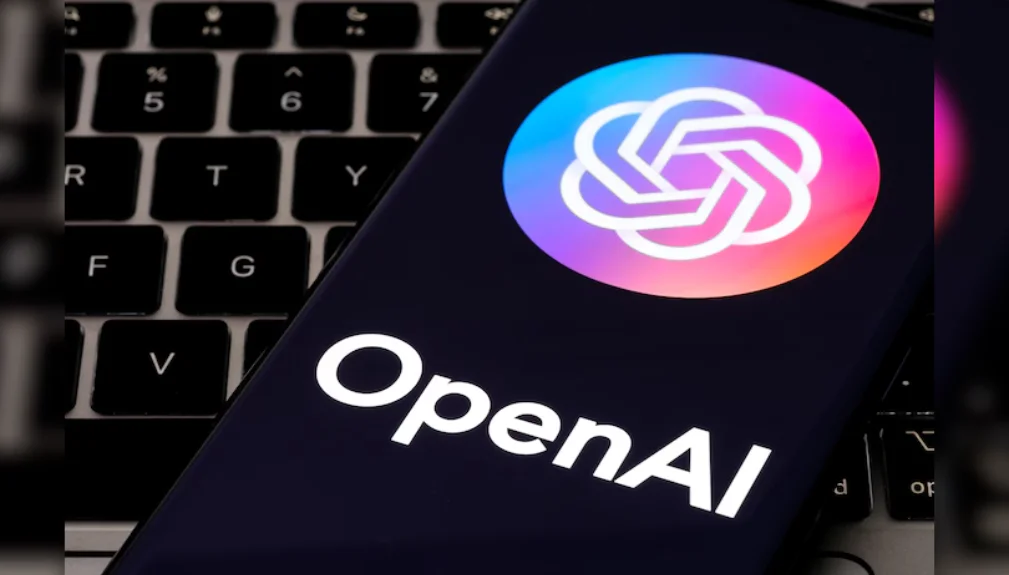OpenAI Set to Release AI-Integrated Browser in Direct Challenge to Google Chrome
OpenAI is reportedly gearing up to launch its AI-powered web browser, a bold move set to challenge the dominance of Google Chrome, according to sources close to the company.
The new browser, expected to launch in the coming weeks, is designed to fundamentally transform how users interact with the web. By integrating conversational AI features similar to ChatGPT, the browser could alter traditional browsing habits and allow OpenAI to collect user data that has historically fueled Alphabet’s ad revenue engine.
How OpenAI’s Browser Could Disrupt Google’s Ad Model
If adopted by even a fraction of ChatGPT’s 500 million weekly active users, OpenAI’s browser could pose a significant threat to Google Chrome, a browser that plays a crucial role in Alphabet’s advertising ecosystem.
Chrome’s widespread usage gives Google unparalleled access to user behaviour, helping the tech giant fine-tune its ad targeting. It also funnels traffic through Google Search, reinforcing its grip on the search advertising market, which generates over 70% of Alphabet’s revenue.
OpenAI’s alternative browser may shift some of that user activity away from traditional websites and search engines, opting instead to keep users within an AI-native chat interface, according to two sources.
What We Know About OpenAI’s AI Browser So Far
While OpenAI has not publicly confirmed the browser’s launch, several insiders indicate that the product is:
- Expected to debut within weeks
- Designed to integrate ChatGPT natively into the browsing experience
- Capable of handling user tasks via AI agents (such as OpenAI’s Operator)
- Intended to retain user engagement within the app, reducing external clicks
Sources familiar with the matter also suggest that the move is part of a broader strategy by OpenAI to embed its AI services into users’ daily digital workflows, across both personal and professional use cases.
OpenAI Expands Beyond Chatbots with Browser and Hardware Plans
This browser initiative follows OpenAI’s recent $6.5 billion acquisition of io, an AI hardware startup led by former Apple designer Jony Ive. That acquisition signalled OpenAI’s ambitions to move beyond software and compete across multiple tech verticals.
The upcoming browser would also serve as a platform for OpenAI’s autonomous AI agent tools, making it possible for users to delegate online tasks like booking flights, managing emails, or summarising content—all within the browsing window.
Why OpenAI’s Browser Could Reshape Web Browsing
By fusing generative AI with web browsing, OpenAI could redefine how information is accessed. Instead of clicking through to multiple websites, users could receive curated, conversational responses powered by large language models. This shift could improve user efficiency but may also disrupt the current content ecosystem, where traffic to websites drives monetisation.
While Google, Anthropic, and other players continue investing in AI chat interfaces, OpenAI’s pivot into browsers could give it a powerful foothold in everyday internet usage.
A Game-Changer in the Battle for Browser Supremacy
OpenAI’s upcoming browser has the potential to redefine the browsing experience and directly compete with Google Chrome in both user interface and advertising impact. As the company seeks new avenues for growth, this browser marks a major step in extending AI beyond chatbots and into the core of digital life.












